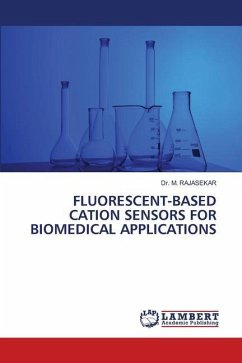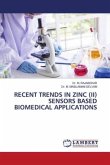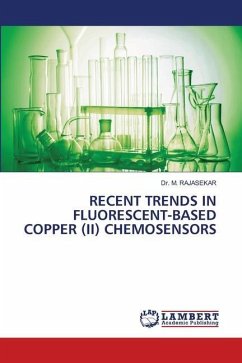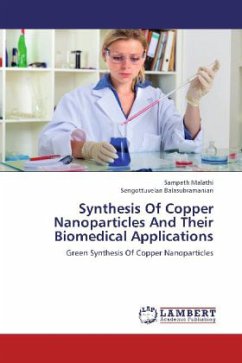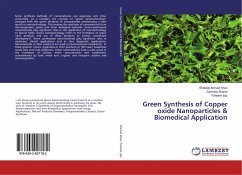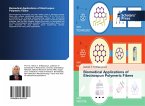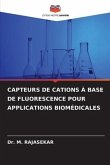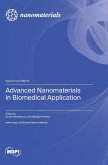Nowadays, numerous domains such as biology, physiology, environmental sciences, and pharmacology, have made extensive use of fluorescence sensors for ions and neutral analytes. Fluorescence sensors have been developed for roughly 150 years. A varied assortment of fluorescence sensors has been developed recently for the identification of species that are significant to biology and the environment. Despite the advancements in this area, a number of issues and difficulties persist. This book discusses the history and offers a broad outline of the progress in the study of fluorescence sensors, often known as sensors. This will be accomplished by emphasizing a few innovative and exemplary works from numerous international groups that have made significant contributions to this field. The fundamental ethical considerations elaborate in developing sensors for particular analytes, problems and roadblocks encountered in the field, and potential future research avenues are all explored. The future of sensor technology is quite promising in both established and new technologies.

